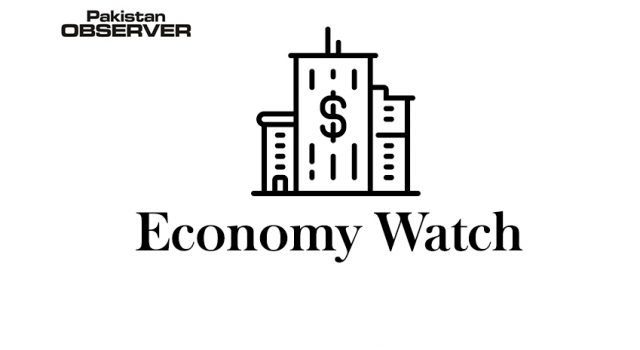Berlin
The depressive and deflationary forces of the Covid-19 shock require once again additional policy innovation in the European Union and, ultimately, further EU integration, QNB has said in an economic commentary.
“This is a new challenge”, QNB said as member countries of the European Union reckon with the economic consequences of the coronavirus.
This time, however, policy responses will have to go beyond the technocratic solutions presented by the European Central Bank (ECB), QNB said.
After several rounds of monetary policy easing in Europe since 2008, policy rates are already in negative territory and quantitative easing is becoming less and less effective. The ECB alone cannot provide enough stimulus to support a prompt recovery from the Covid-19 shock.
Hence, massive fiscal expansion is the new frontier for European policymaking. But innovation in this realm requires at least a partial solution to one of the most fundamental problems of the EU, ie, how to balance a common market that is dominated by a currency union without a fiscal union, QNB said.
It is no surprise that the “fiscal issue” is one of the most controversial points when it comes to economic integration. In Europe, for example, leaders of the highly productive, saving-prone economies of the North have always tried to avoid additional fiscal commitments vis-à-vis the EU, QNB said. —Gulf Times









